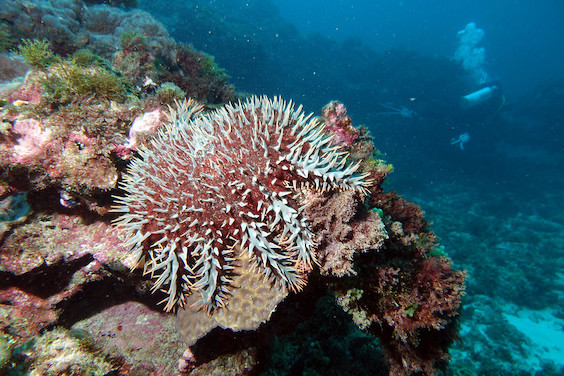QCIF Bioinformatics began work last month on developing a scalable genome browser and interactive repository of multi-omics data sets of environmental and economic importance for The University of Queensland’s Degnan Marine Genomics Labs.
Announced as a 2021 UQ Genome Innovation Hub (GIH) collaborative project, and leveraging a national genome browser service supported by QCIF and the Australian BioCommons, the aim is to create an expandable platform and one-stop shop to view and interrogate all UQ multi-omics data.
The platform will have the potential to greatly enhance the contribution of non-model genomics to diverse fields of science and increase international collaboration.
It is also expected to dramatically support an increasing number of draft genomes being de novo assembled at UQ.
UQ researchers will be able to use the platform to manage, search, visualise, explore and share their transcriptomic, epi-genomics and proteomic data. This includes multiple groups in marine and terrestrial science; animal, plant and fungal biology and evolution; ecology and environmental sciences; agriculture and other applied sciences.
The platform will be based on Apollo, a widely-adopted genome annotation and browsing platform, and the underlying data repository will be immediately populated with the Degnan Labs’ existing genomes of two Great Barrier Reef animals: the notorious destroyer of coral reefs, the crown-of-thorns starfish, and a model for animal evolution, the sea sponge Amphimedon queenslandica.
The Degnan Labs, led by professors Sandie Degnan and Bernie Degnan, previously maintained its own Apollo instance. The research group enlisted the help of QCIF and BioCommons when it realised its platform needed to be stepped up a notch to share data and provide more collaborative models and access to larger computers.
Four QCIF Bioinformatics staff will work on the project, including Nick Rhodes, who is embedded with the Degnan Marine Genomics Labs about one day per week on an ongoing basis.
In the GIH project, the QCIF Bioinformatics team will use the same skills they deployed in delivering TraDIS-vault, an interactive, searchable genome web browser and repository for hundreds of microbial genome data sets launched last July.
GIH has backed the project with a grant, with further funding from the Degnan Labs and the Queensland Government via a grant to QCIF.
The project is due to be completed by the end of 2021. Once completed, the browser development tool will be made widely available, with documentation on how to set up and use the tool, via the Australian BioCommons Apollo Portal, a national-hosted Apollo service that QCIF is working on and is due to launch in the coming months.
QCIF is a key contributor to BioCommons’ activities around developing systems for non-model organism de novo genome assembly and annotation.
At UQ, RCC is the gateway to accessing QCIF services. Please contact the RCC Support Desk if you have any queries: rcc-support@uq.edu.au.
This article is based on one published by Australian BioCommons on 26 February 2021.
